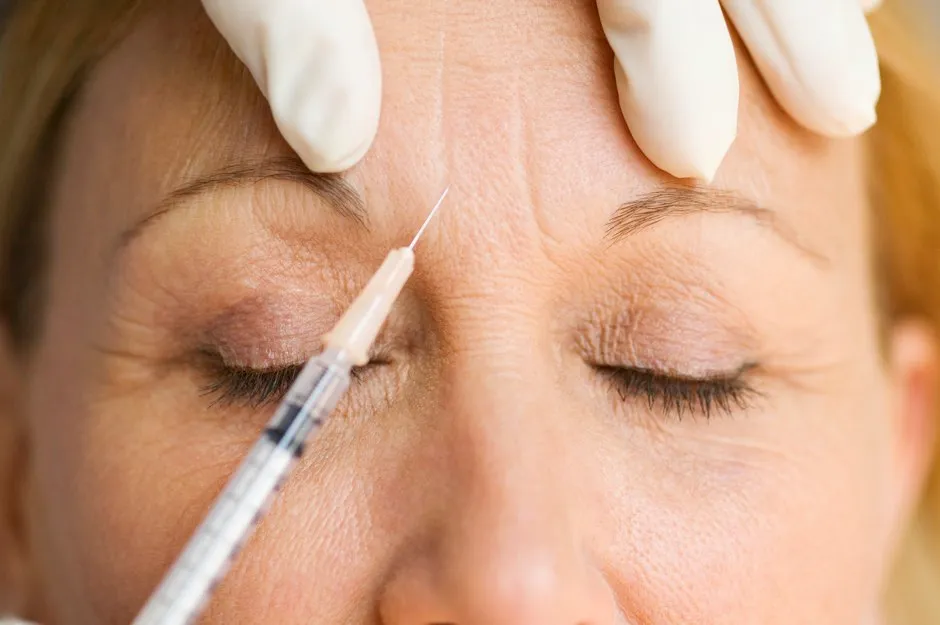Botox, a medication derived from a bacterial toxin that is commonly injected to reduce the appearance wrinkles, may help to reduce the symptoms of depression, researchers at Skaggs School of Pharmacy and Pharmaceutical Sciences at University of California San Diego have found.
The team mined the Adverse Effect Reporting System database, run by the US Food and Drug Administration, for side effects of Botox treatments. Out of more than 13 million voluntary reports, there were 40,000 from people receivingBotox treatment for a range of conditions ranging from cosmetic treatments to migraines, muscle spasms, and incontinence.
They discovered that people who received Botox injections reported depression significantly less often than patients undergoing different treatments for the same conditions.
Read more about mental health:
- Mental health: Women and youth hardest hit by lockdown
- The wrong time to be fifty: middle-aged people are more stressed in the 21st Century
The team focused on reports covering Botox treatments in sites including forehead, neck, limbs and bladder, and applied a mathematical algorithm to look for statistically significant differences between Botox users and patients who received different treatments for the same conditions.
They found that depression was reported between 40 to 80 per cent less often by the Botox-treated patients.

“For years, clinicians have observed that Botox injected for cosmetic reasons seems to ease depression for their patients,” said Prof Ruben Abagyan.
“It's been thought that easing severe frown lines in forehead region disrupts a feedback loop that reinforces negative emotions. But we've found here that the mechanism may be more complex, because it doesn't really matter where the Botox is injected.”
Read more about treatments for depression:
- Probiotics may help in the fight against depression
- Magic mushrooms and mental health: could psychedelic drugs treat depression?
- Regular yoga practice may reduce symptoms of depression
Further research is now needed to determine the mechanism by which Botox acts as an antidepressant, though they suspect that it could be transported to the regions of the central nervous systems involved in mood and emotions after injection.
Alternatively, the Botox could relieve an underlying problem which contributes to the patient's depression. The toxin is commonly used as a treatment for a variety of chronic conditions.
Current treatments for depression include psychotherapy and selective serotonin reuptake inhibitors, however, these are ineffective for nearly one-third of patients. So, it’s vital that other options, such as Botox injections, are investigated, the team says.
Reader Q&A: What are the most successful therapies for depression?
Asked by: Serena Collins, Reading
There’s no simple answer because success depends on age, sex, the type of depression and whether it’s combined with anxiety or other mental-health problems. Generally, however, therapies based on exploring and changing the patient’s own thoughts and behaviour are far more effective than old-fashioned talking therapies such as psychoanalysis.
Alternative therapies, although popular, also fare badly. One meta-analysis combined many studies and found that cognitive behavioural therapy (CBT) did best, especially with long sessions. But a newer therapy called behavioural activation also did well.
These are both based on the idea that depression is made worse by adopting the wrong coping strategies. So patients are helped to understand what triggers their depression and how their reactions to life’s events affect their moods and emotions. Learning to replace bad coping strategies, such as drugs, drink and endless rumination, with positive coping strategies can help, either used alone or in combination with medication.
Read more: